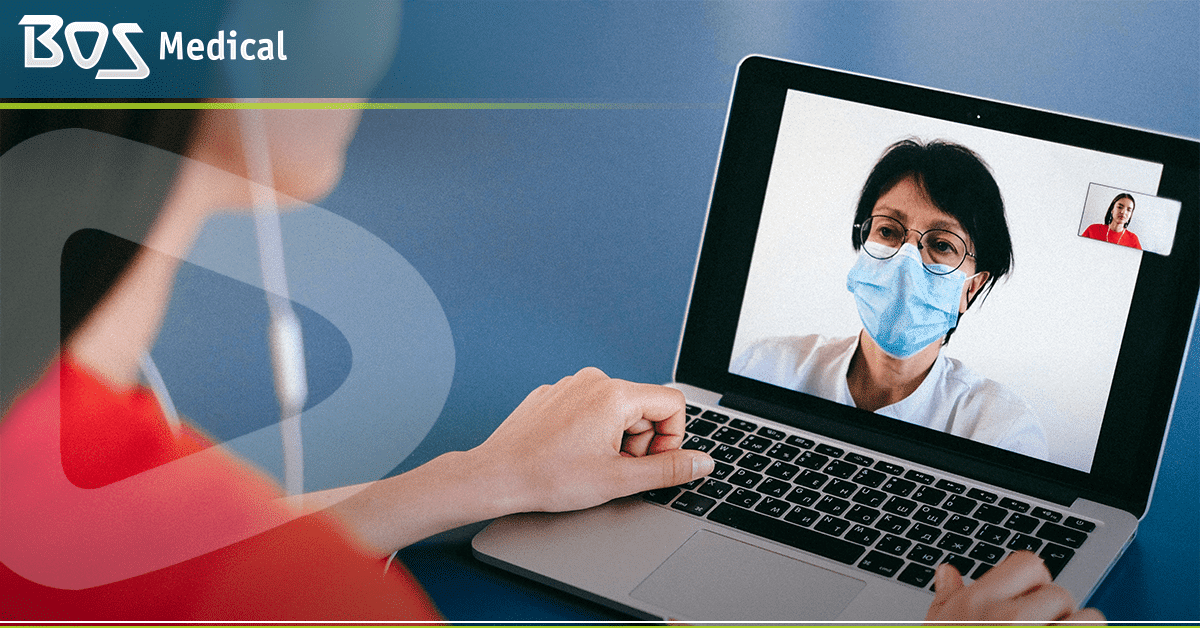
No job is without it’s faults, but often the rewards outweigh the difficulties. So it is when you become an LPN (Licensed Practical Nurse). There are many occasions when you’ll feel the satisfaction that comes from patient care, however there will also be occasions when you have to do the kind of work that may be unappealing. If you want to become an LPN, be prepared to perform some tasks that are less than pleasant.
Once you become an LPN and seek employment, you can choose from several different medical environments. 30% of LPNs in the U. S. choose to work in skilled nursing facilities (nursing homes) or long term care. As an LPN you will also find work in hospitals, physician’s offices, and as a home health nurse.
Your Duties and Tasks When You Become an LPN
When you set out to become an LPN it’s because you have an interest in, or maybe a calling to provide patient care. One-on-one interaction with your patients is absolutely a large part of your career. You will deal much more closely, on a day to day level, with those for whom you care than even your patients’ nurses or physicians. This is especially true for those LPNs who work in long term care facilities.
When you become an LPN, some of the duties you can expect are:
- Admit new patients: You’ll help the patient to complete paperwork, and register them with your healthcare facility.
- Obtain a medical history: You’ll go over any previous conditions, genetic predispositions, and find out what medications your patient is taking currently.
- Answer questions: The patient or family member is bound to have many, many questions. You need to be prepared to answer their questions thoroughly, or refer them to someone who can.
- Update records: You will need to update, and audit, the patients records as thoroughly as possible.
- Administer vaccinations and other injections: You will be required to administer injections and vaccines, as directed by your supervising RN.
- Take vital signs: It is the duty of the LPN to check patients vital signs regularly.
Other Jobs Performed By an LPN
It’s quite common, after you become an LPN and begin working in a healthcare facility, for your patients to depend on you for many of the tasks they aren’t able to perform for themselves. While working with those who need your care and attention can be extremely rewarding, there are certain duties you will be called upon to perform after you become an LPN which may be less than thrilling for you. These are some of those duties:
- Empty bedpans: Depending on the type of facility you work at, you may be asked to empty bedpans and assist your patient as they use the restroom.
- Bathe your patient: When you become an LPN it will be your responsibility to provide primary care for your patients. In many healthcare facilities and rehab centers, such as long term care or skilled nursing centers, your patients may or may not be ambulatory. You may be required to provide a bed bath, or assist your patient in showering.
- Change wound dressing: For those patients in long term care bedsores are a common occurrence. You will need to pay particular attention to pressure sores and care for the wounds as they heal. You will also be responsible for providing care and assessing the healing of other wounds, such as surgical wounds, or wounds obtained accidentally.
- Feed your patient: Frequently, in nursing facilities, or working with those who cannot feed themselves due to physical limitations, you will need to feed your patient.
- Catheterize: Patients who are post surgery, or who may be paralyzed, for example, often need to have a catheter put in place. After you become an LPN your place of employment will count on you to take care of the catheterization and observe the output.
- Ensure safety: It can be quite a challenge, especially when caring for elderly patients, to ensure their safety and prevent falls. After you become an LPN you’re charged with the duty of ensuring the health, comfort, and safety of all of your patients.
Become an LPN for a Truly Rewarding Career
There will be a lot of hours spent on your feet, answering patients’ call buttons, and speed-walking from one part of the facility to another after you become an LPN. Depending on where you work you may have to deal with difficult patients, sad situations, and circumstances that require physical strength and agility on your part. However, LPNs play a significant role in patient care and are a vital part of the medical team. While it’s not all glamorous, choosing to become and LPN can open the door to a wonderfully rewarding career.
Image: Pexels






